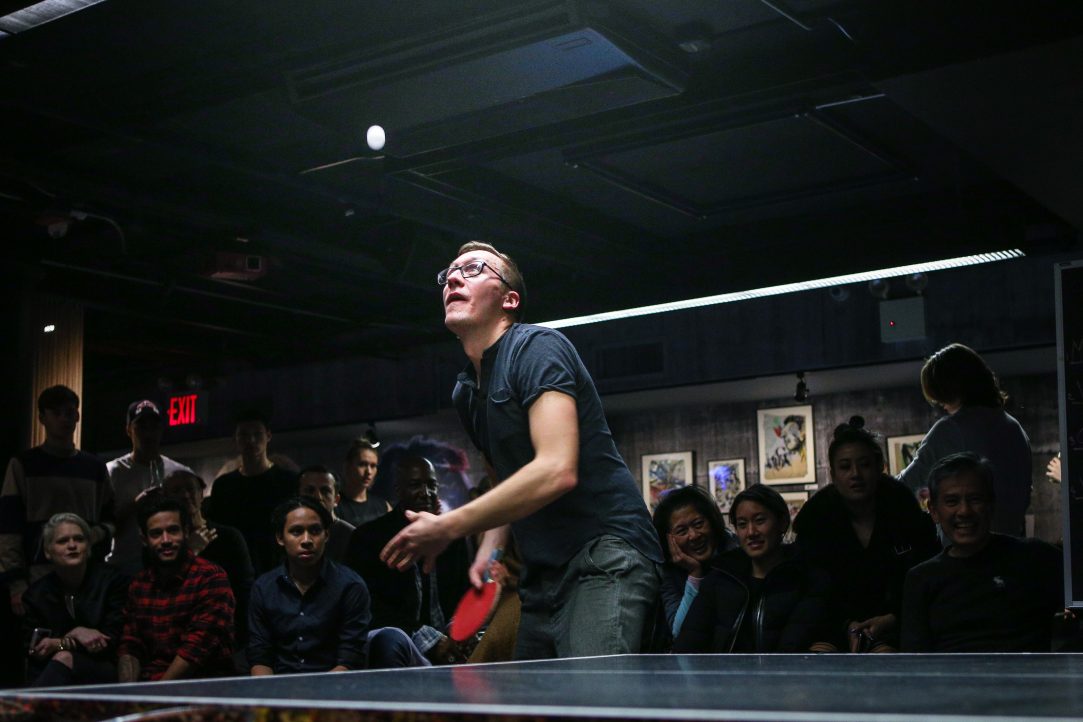Tech-focused startups are well known for their outrageous perks. These hip (and often young) companies have everything you could want in a workplace: Flashy game rooms, free food, foosball tables and more.
While it may seem unusual, these benefits are about way more than just bragging rights. These perks are designed to help millennial-friendly startups retain top talent in a competitive industry that is exposed to non-stop change and help its workers create a tight, thriving community; a must-have for successful companies.
But are these utopian-like perks really enough to keep workers happy and, more importantly, retain the best talent? Maybe not. According to a recent Gallup poll millennial workers, who make up a majority of today’s workforce, prioritize professional growth and developmental opportunities over glitzy benefits and free snacks.
It’s a fact that hasn’t gone unnoticed by some of today’s biggest blue-chip firms and startups alike that, in an effort to do better, are reevaluating what type of perks are offered.
For Ingrid Yu, a communications manager at Toronto-based startup Figure 1, the best way to do this is obvious: Companies need to focus less on sharing the unusual benefits (like free food) and concentrate on tracking what works best for their employees’ long-term goals. It’s a lesson her company learned on the job and has worked to maintain over the years as the employee count grew from a modest staff of five to over 50 around the world.
“Figure 1 grew significantly over the past couple of years …. maintaining our culture requires a conscientious effort, of course, but having people who embody Figure 1 values — empathy, open-mindedness, and continuous improvement — makes the job so much easier.”
The case-sharing medical startup (sometimes called the ‘Instagram for doctors’) has perfected its community building and one-on-one opportunities with executives.
Yu also believes it’s not impossible to inject startup culture into your workplaces, but that it should be done the right way. The best offices meld the best parts of traditional workplaces (clear paths for upward mobility, long-term stability) with startup culture (flexible work hours, performance bonuses) for success.
“We’ve tried to take the best of startup culture, leave the worst, and add what is uniquely our own,” she explains. “What really gives us a vibrant company culture, I think, is how valued each individual is made to feel,” she says. “We send everyone (not just senior leadership) to conferences for their professional growth, have bi-weekly one-on-ones, and do monthly lunch and learns with fascinating people from all disciplines.”
Promise Phelon couldn’t agree more. The CEO of Tap Influence, a San Francisco-based marketing company, believes that an overemphasis on company perks is detrimental to a startup’s culture.
“Of course, startups need to offer certain benefits in order to attract and retain talented and ambitious employees,” she explains to Fortune magazine. “However, it’s more important to focus on developing an enviable culture and allowing the perks to be an extension of it—not the other way around. Perks are not a replacement for a strong culture.”
At the end of the day the most important thing is to make sure there’s value added to any offerings provided to employees, Phelon says. “…it’s more important to focus on developing an enviable culture and allowing the perks to be an extension of it—not the other way around.”
Yu agrees. Ditching the extras might also end up making your company more productive in the long run. “If you’re serious about what you intend to accomplish and culture you want, you should be able to create a focused environment,” she adds.
“Cut the distractions—including the ping pong tables—and let people go at a reasonable time so they can lead their lives outside of the office. Then organize occasional activities to bring the team together outside of work, perhaps a weekly cocktail night, a run club, or whatever interests them.”

